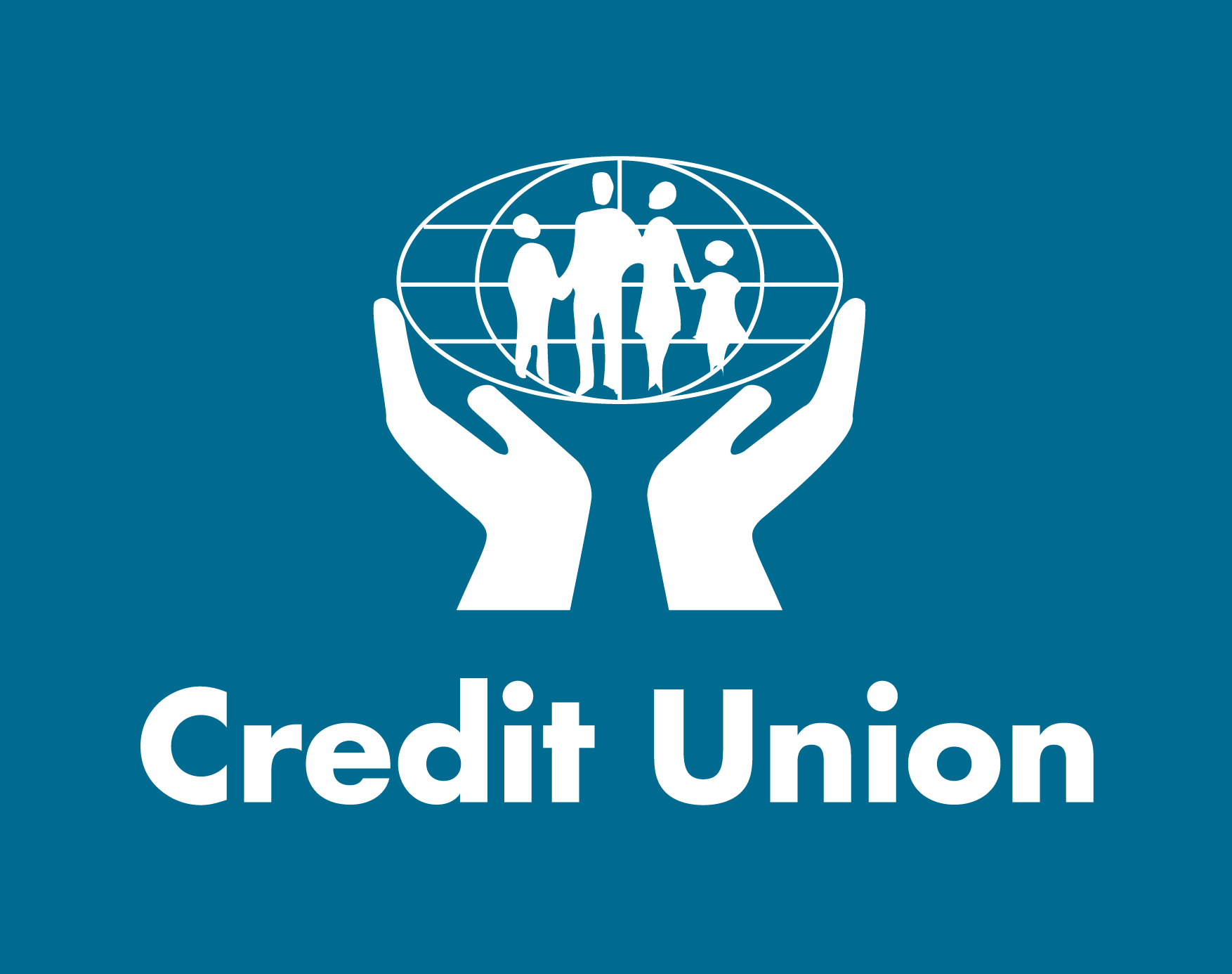About Credit Unions
What is a Credit Union?
About Credit Unions
The Irish credit union movement was founded as a result of the efforts of three dynamic, pioneering and entrepreneurial people, namely Nora Herlihy, from Ballydesmond, a teacher based in Dublin; Sean Forde, an employee of Peter Kennedy Bakers, Dublin; and Séamus P. MacEoin, from Kilkenny, a Civil Servant working in Dublin.
In Dublin in the 1950's, they witnessed the effects of high unemployment: sickness, malnutrition, money-lending, hunger, poor clothing, poor housing, and inevitably, emigration of one parent or of the whole family. In addition, state unemployment benefits were low and did not last indefinitely leaving many families in abject poverty.
The founders recognised the root of the problem as lying in the scarce availability and poor management of money and resolved to identify a system that would allow people to gain more control over their finances.
What is a Credit Union?
A credit union is a group of people who save together and lend to each other at a fair and reasonable rate of interest. Credit unions offer members the chance to have control over their own finances by making their own savings work for them. Regular savings form a common pool of money, which in turn provides many benefits for members.
Each credit union is owned by people like you, the members, who both save with, and borrow from it.
As a member, you will receive a dividend, if declared, on your savings and you have access to loans at fair and reasonable rates.


